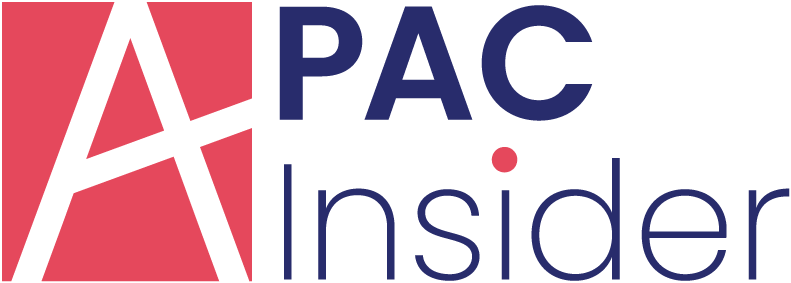
A disbursement is a process of paying money, mainly from a dedicated or public fund. Disbursement Funding is the payment given to a client, leading to cash outflows. Disbursement is used in dedicated or public funds like NGOs and measures an organization’s cash outflow.
Disbursement is a payment done to an organisation in cash equivalents, or cash in bookkeeping, over a certain period. The disbursement entry features the amount credited, payment method, and payment purpose.
Disbursements are records of the amount of money flowing from a company, which differs from loss or profit. Managers use ledgers to know how much they have disbursed and also track it. Below we discuss the benefits and drawbacks of disbursement funding for business startups.
Research has shown that over 80% of new businesses do not survive five years after opening due to limited opportunities and stiff competition. While this might be demotivating, there is a solution if you wish to grow your business.
Most enterprises fail because they do not acknowledge growth opportunities, meaning they take action when it is too late. The proper funding can secure small-sized businesses and enable them to reach their goals.
Benefits of using a Disbursement Funding
The main benefits of disbursement funding include the following;
Cash Flow Alternative
Cash flow is among the essential aspects when operating a business, and most companies fail if they cannot access it. Most business owners do not know how this funding can help them proceed with operations when having cash flow issues, which leads to a shutdown.
Disbursement funding eliminates the dependence on cash flow sources while easily managing your daily expenses. Remember, solicitors, are appointed to manage expense payments, which is the best way to settle charges.
Ease of Usage
The most popular disbursement funding companies have a transparent and simple mechanism that enables SMEs to give additional working capital. These loans have provided tailored solutions to small-scale businesses which dream of reaching greater heights.
More Time
One of the leading benefits of disbursement funding is it has extended timelines. Here, payments can be held until settlement, a period that extends to twenty months. This is the main feature that differentiates it from a bank loan.
With this option, business owners can focus on their operations and worry less concerning payments.
Drawbacks of Disbursement Funding
The drawbacks of disbursement funding include the following;
It is Hard to Get
The main challenge of getting disbursement funding is approved. People with already established businesses stand higher chances of getting these funds than starters. Recently, a substantial financial crunch has made the approval process more complex.
Only enterprises that seem likely to repay receive these funds, and the high scrutiny makes it hard for start ups to get them.
High-Interest Rate
Another drawback of disbursement funding is it has a high-interest rate. Lenders make money by including high interest in their loans, which can be challenging for your startup. Almost all businesses experience a low-revenue phase with time, and these interests can hurt all-sized enterprises in such times.
Less Money to Put into Your Business
Most startup loans feature a repayment obligation, meaning you will remain with few funds, as most go to the bank. This might even hinder you from expanding your business or employing new staff, thus leading to business closure.
Types of Disbursement
The main types of disbursement funding include the following;
Controlled Disbursement
This cash flow is made available by various financial institutions to their customers. The controlled disbursement enables banks to reschedule and review allocations daily, allowing them to maximize the interest. This happens because they delay the exact time the funds are debited from an account.
Delayed Disbursement
Delayed or remote disbursement is when the payment process is dragged out deliberately by paying using checks acquired from banks in local regions. Remember, banks would process payments only after receiving the original check, and debit would be delayed by up to five days in the payer’s account.
Final Thoughts
Disbursement funding enables businesses to get immediate funds for the money they need. This is an excellent option for people who have trouble with funding approval, and the above article has discussed all you need to know about it.























